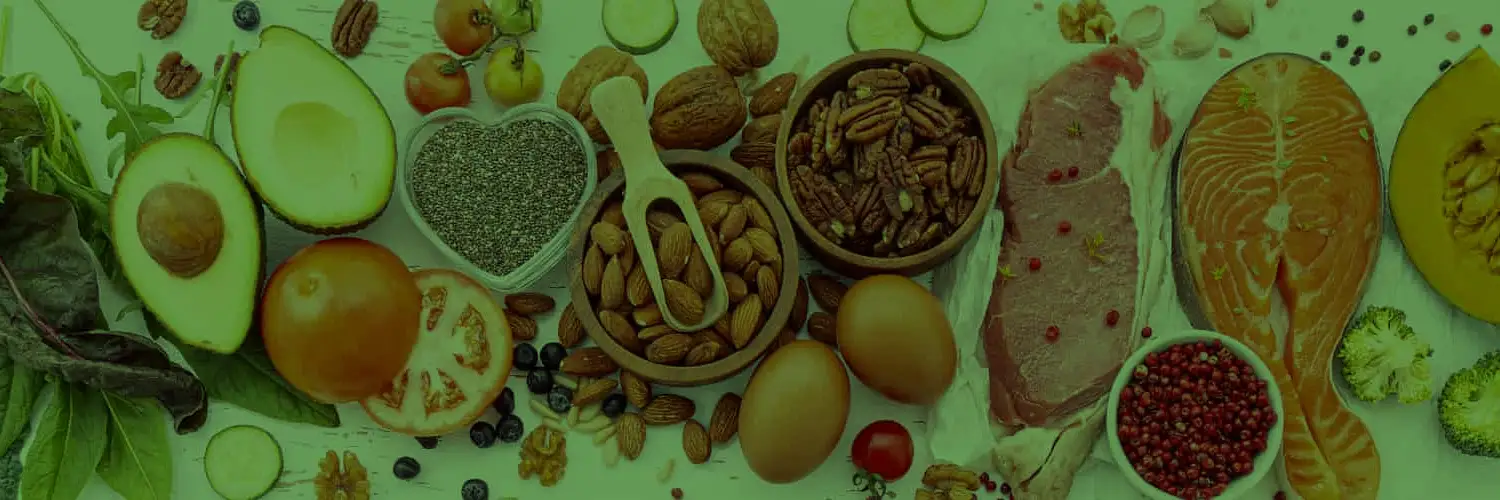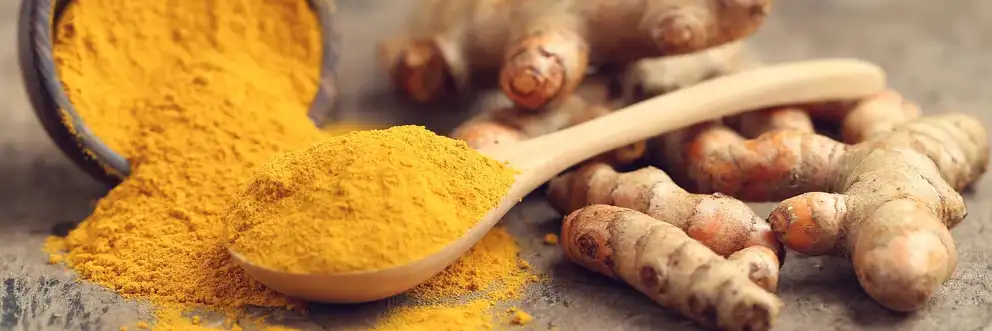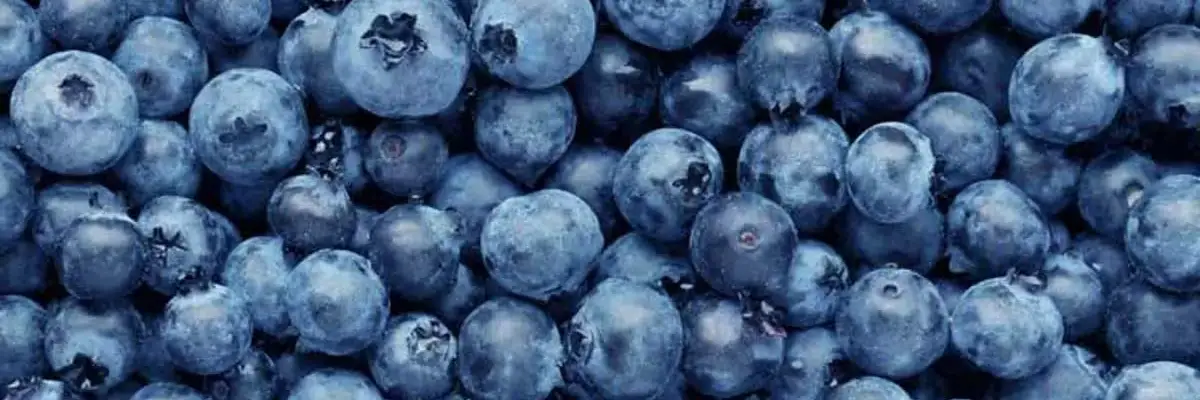Finding Balance: The Path to Sustainable Health
Sustainable health emphasises balance and resilience without depleting resources, whether it is personal energy, emotional reserves, or environmental sustainability. Healing begins by identifying and addressing the root causes of imbalances, empowering the body to heal from within. Physical health thrives on nutrient-dense foods, movement, and adequate rest. Emotional and mental balance stems from recognising and managing feelings, while spiritual health finds meaning and purpose. Social connection also plays a vital role, creating a sense of belonging and support.
Gut Health is the Cornerstone of Wellbeing
Gut health is central to sustainable health. The gut’s cells are the first to interact with food and medicines, making it a key player in overall health. When gut function is compromised, it can lead to nutrient malabsorption, inflammation, and a weakened immune system. Issues like leaky gut, dysbiosis, and conditions such as irritable bowel syndrome (IBS) or inflammatory bowel disease (IBD) often stem from poor gut health. We all know that sugar, processed foods, artificial sweeteners, and alcohol are not the gut’s best friends. Choosing whole, clean foods is a simple yet powerful way to nourish your gut and care for your health in a sustainable, long-term way.
Stress and its Wide-Reaching Impact
Stress disrupts the gut-brain connection, impacting digestion, immunity, and mental health. Chronic stress can lower vagal tone, alter serotonin levels, and exacerbate conditions like IBS. Beyond the gut, stress affects emotional resilience, focus, and even one’s connection to purpose and community. Addressing stress is vital for our health and longevity.
Activating the Body’s Internal Defence: Nrf2
A powerful way to support sustainable health is by activating the body’s internal defence system, particularly the Nrf2 protein. This “master health switch” regulates genes that protect against oxidative stress and inflammation. Foods like broccoli sprouts, cruciferous vegetables, and rosemary tea naturally activate Nrf2, as do practices like regular exercise, sufficient sleep and sunshine.
Case Study – Real-Life Transformations
A male client presented with recurrent urinary tract infections and had been on antibiotics for two years. By taking an holistic approach, his health was transformed.
Dietary Adjustments: An elimination diet reduced urinary irritants like coffee, alcohol, citrus and other foods that came up in the food and environmental hair sensitivity test.
Gut Support: A tailored protocol including sulforaphane, urinary probiotics and prebiotics was introduced.
Stress Management: Tools to manage life stressors were provided.
Supplementation: Kidney tea, D-mannose, and GEMM programme were included.
The results were remarkable. The client transitioned off antibiotics, felt more energetic and saw significant improvements in overall health. Here’s what he had to say…
“I went to see Hazel after more than 2 years on antibiotics due to an ongoing infection. Initially I was slightly sceptical but told Hazel I would give her recommendations a good shot and after only 6 months of working closely with Hazel I can happily say I am no longer on antibiotics, nor do I have the infection. Hazel looked at the root cause of my issue and was ultimately able to solve a problem that my GP and two specialists could not. I would happily recommend Hazel and am very grateful for her support.”
Four Practical Steps for Balance
- Embrace the wellness wheel to evaluate and nurture areas of your life. If you would like the handout on this, please click here.
- Eat broccoli sprouts daily and aim to have rosemary tea daily.
- Choose foods that support gut health and reduce stress on the body.
- Take control of your health, be open to change and seek guidance from practitioners that can support you in your health journey.
Healing Through Balance
Healing is a journey of restoring balance. By taking ownership of our choices and adopting habits that nurture us, we create resilience that supports sustainable health.
This month, reflect on the areas in your life that may feel out of balance. What small changes can you make today to support your physical, emotional, or mental health? If you are ready to start your journey to better health, I would be honoured to support you. Reach out today to take the first step.
Remember, it’s about valuing your body, making intentional choices, and building a lifestyle that fosters inner balance and resilience.
Balancing Recipe – Blueberry Vegan Cheesecake
This cheesecake is a powerhouse of sustainable nutrition. The cashew and seed base provides healthy fats, fibre, and plant-based protein, supporting energy and satiety. Silken tofu contributes additional protein and essential amino acids, while blueberries deliver antioxidants that combat oxidative stress and support overall health.
The use of natural sweeteners like dates and maple syrup ensures a lower glycaemic load compared to refined sugar. This dessert is entirely plant-based, making it an environmentally conscious choice, and supports sustainable health by aligning with whole-food principles.
References
- Bailey, M. T., & Coe, C. L. (2011). Microbial symbiosis and immunity in health and disease. Brain, Behavior, and Immunity, 25(3), 397-403. https://doi.org/10.1016/j.bbi.2010.10.012
- Cohen, S., Janicki-Deverts, D., & Miller, G. E. (2012). Psychological stress and disease. Annual Review of Psychology, 61, 1-32. https://doi.org/10.1146/annurev.psych.093008.100427
- Cryan, J. F., & Dinan, T. G. (2012). Mind-altering microorganisms: The impact of the gut microbiota on brain and behaviour. Nature Reviews Neuroscience, 13(10), 701-712. https://doi.org/10.1038/nrn3346
- Functional Medicine Institute. (n.d.). Lifestyle practices for strengthening host defense. Retrieved from https://www.ifm.org/news-insights/lifestyle-practices-for-strengthening-host-defense
- Hammen, C. (2005). Stress and depression. Psychological Bulletin, 131(6), 858-876. https://doi.org/10.1037/0033-2909.131.6.858
- Harvard Health Publishing. (n.d.). Stress and the sensitive gut. Harvard Medical School. Retrieved from https://www.health.harvard.edu/newsletter_article/stress-and-the-sensitive-gut
- Harvard Health Publishing. (n.d.). The impact of stress on your gut. Harvard Medical School. Retrieved from https://www.health.harvard.edu/mind-and-mood/the-impact-of-stress-on-your-gut
- Konturek, P. C., Brzozowski, T., & Konturek, S. J. (2011). Stress and the gut: Pathophysiology, clinical consequences, diagnostic approach, and treatment options. Journal of Physiology and Pharmacology, 62(6), 591-599.
- Mayer, E. A. (2000). The neurobiology of stress and gastrointestinal disease. Journal of Clinical Gastroenterology, 30(4 Suppl), S2-S8.
- McEwen, B. S. (2007). Physiology and neurobiology of stress and adaptation: Central role of the brain. Physiological Reviews, 87(3), 873-904. https://doi.org/10.1152/physrev.00041.2006





